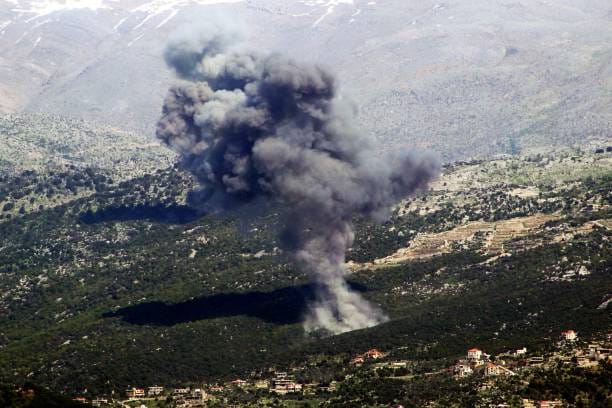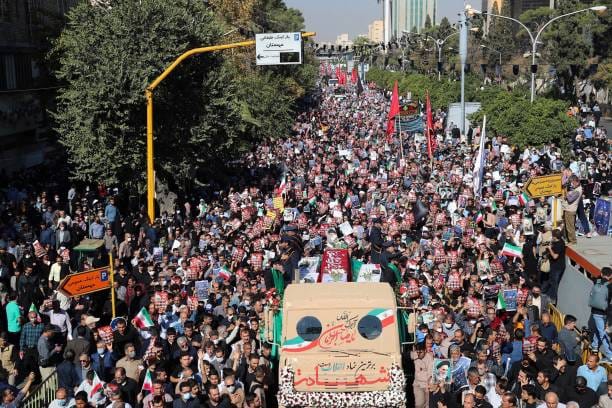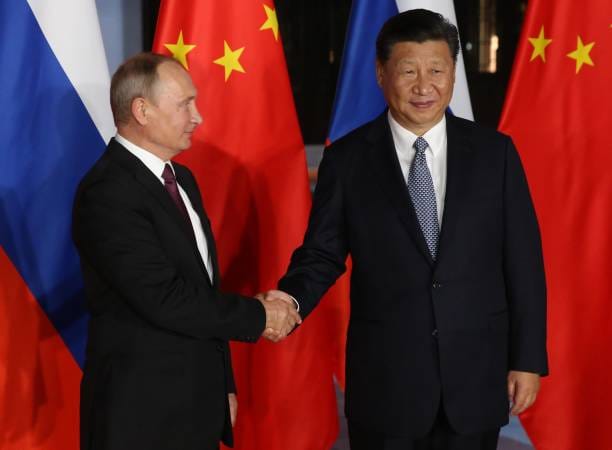Hezbollah Field Commander Killed in Lebanon in Israeli Military Strike

A sudden strike by the Israeli military brought a swift end to one of Hezbollah's field commanders, a significant blow to the militant group's hierarchy. The operation, precise and calculated, targeted Ali Ahmad Hussein, a key figure within Hezbollah's elite Radwan Force, known for its involvement in high-profile operations against Israel.
The strike occurred in the area of Sultaniyeh in southern Lebanon, a region that has often been a flashpoint in the volatile history between Israel and Hezbollah. According to reports, alongside Hussein, three other fighters met the same fate. This operation is part of a broader pattern of escalating tensions and confrontations that have marked the region's landscape in recent months.
Ali Ahmad Hussein was not just any commander; his role within the Radwan Force placed him at the forefront of planning and executing operations against Israeli targets. His death is not merely a tactical loss but also a symbolic one, as it sends a clear message of Israel's intelligence capabilities and its determination to act against perceived threats.
The aftermath of the strike has been met with a mix of silence and vows of retaliation from Hezbollah, which has long positioned itself as a staunch opponent of Israel. The group's rhetoric often speaks of resistance and the liberation of territories, but the loss of a commander of Hussein's stature is a setback that will reverberate through its ranks.
The Israeli military's announcement of the operation was terse but telling, indicating a successful mission with strategic implications. It underscores the ongoing shadow war that rarely makes headlines but is a constant undercurrent in the Middle East's geopolitical theatre.
As dawn broke, the news of the strike spread, igniting a flurry of responses from the international community. Some voices call for restraint and de-escalation, while others see it as a justified act of self-defense. The incident has once again highlighted the fragile balance in the region, where the line between offense and defense is often blurred.
Hezbollah, backed by Iran, and Israel, supported by Western allies, are actors in a complex play where every move has consequences that extend far beyond their borders.
The death of Ali Ahmad Hussein is a chapter in an ongoing saga that has no clear end in sight. It is a reminder of the enduring conflicts that plague the Middle East and the lives that are caught in the crossfire.



